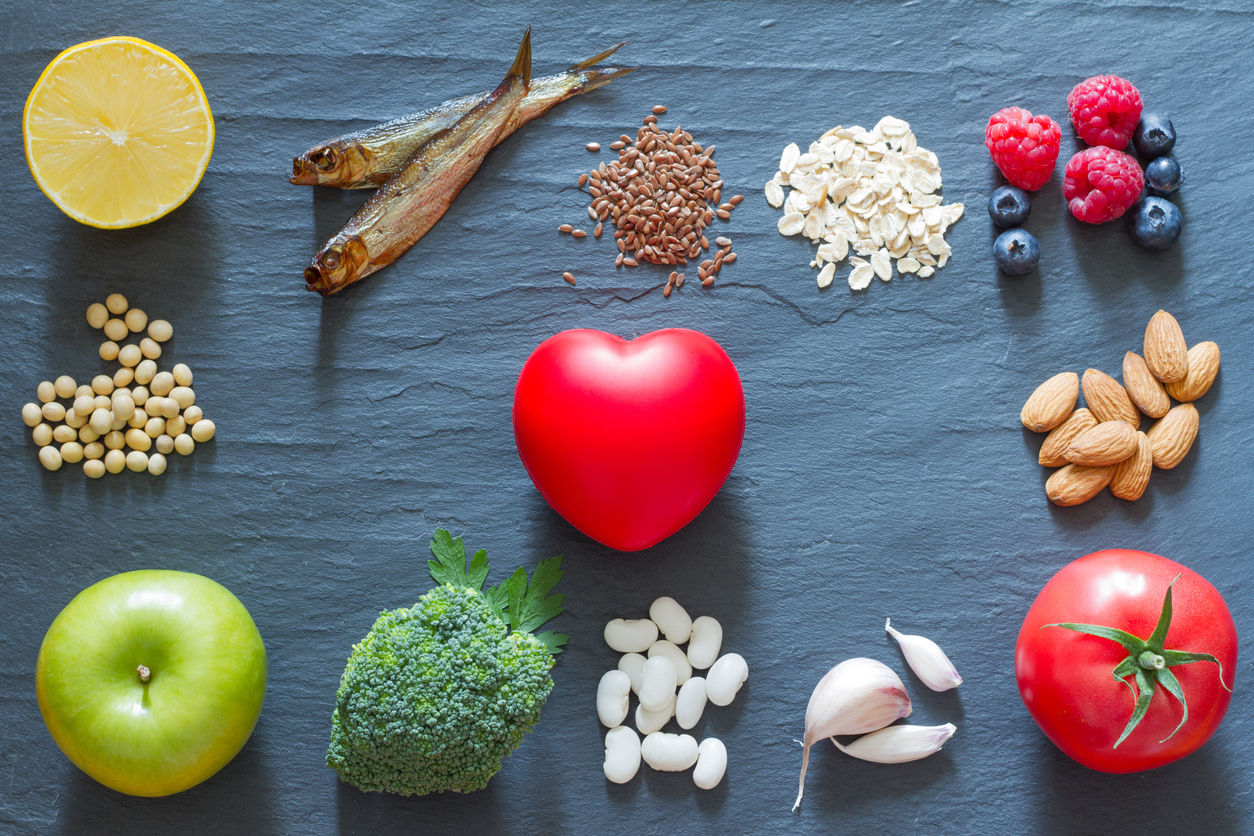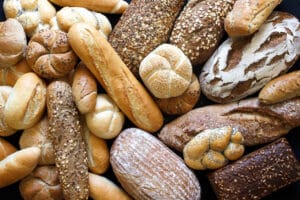Heart Disease is the leading cause of death among women worldwide. It’s more deadly than all forms of cancer combined and kills approximately one female every minute. Yet few women recognize the signs of a heart attack, and many don’t realize how effective diet and lifestyle choices are in protecting against heart disease. It’s estimated that 80 – 90% of heart disease can be avoided by eating well, staying active, and kicking the habit.
Top Foods to Help Prevent Heart Disease
Major risk factors for cardiovascular disease include smoking, type II diabetes, elevated blood pressure, raised “bad” cholesterol levels, obesity, and inactivity. As we age, it’s even more important to assess our risk and take the necessary precautions to protect against heart disease. For high-risk individuals, this may mean taking medications. But, for most of us, the first line of defense and treatment should be a multifaceted approach incorporating a change in diet and lifestyle.
Follow the American Heart Association’s ABCs of heart attack prevention: Avoid tobacco, Become active, and Choose good nutrition. Eliminate from your diet foods that are high in sugar and saturated fat, made from flour, and/or contain partially hydrogenated oils. Replace these foods with vegetables, fruits, beans, lentils, fish, poultry, low or no-fat dairy, eggs, nuts, seeds, olive oil, and whole intact grains.
Doing so will improve your cholesterol and may also help you lose weight, reverse or prevent type II diabetes, lower your blood pressure, and significantly protect against heart disease. Take charge of your health – start today by incorporating these 9 delicious heart-healthy foods into your diet.
1. Oatmeal

Say goodbye to refined breakfast cereals. Choose rolled or steel-cut oatmeal instead. Oatmeal contains beta-glucan, a soluble fiber shown to lower “bad” cholesterol, improve insulin resistance, and assist with weight control. Top it off with berries or an apple, 2 tablespoons of nuts, and a little cinnamon (not sugar) for a balanced, heart-healthy breakfast.
2. Oranges

This juicy citrus fruit is a good source of pectin, another soluble fiber associated with lower cholesterol. Forgo your morning OJ for the fruit itself to reap the benefits.
3. Olive Oil

Substitute your butter with this Mediterranean diet staple. It’s loaded with monounsaturated fat and antioxidants that protect your blood vessels and heart. Drizzle 1.5 teaspoons on your salad, mist your veggies with it before roasting, or even stick a little in the refrigerator and use the solid form as a spread for your whole-grain toast.
4. Avocados

Filled with fiber, flavor, and heart-healthy fat, this green fruit, yes, it’s a fruit, is the perfect substitute for cheese on your omelet, croutons in your salad, and ketchup on your turkey burger. Add a quarter to your protein-rich smoothie for a creamy and delicious drink.
5. Chia Seeds

These little gems are full of plant-based omega-3s and fiber. They expand in your stomach and may help prevent frequent visits to the pantry and refrigerator between meals. Throw 1 tablespoon in your yogurt, cottage cheese, oatmeal, or smoothie for added bulk, calcium, magnesium, and heart-healthy fat.
6. Fatty Fish

Salmon and sardines are loaded with anti-inflammatory omega-3 fatty acids that lower triglycerides and bad cholesterol while keeping your arteries supple. Canned, fresh, or frozen, these heart-friendly proteins should be a staple in your diet. Aim for 2-3 4oz servings a week at a minimum, or take fish oil capsules.
7. Beans & Lentils

Replace your saturated fat-filled meats and cheeses with these fiber-rich legumes to protect your heart, lower your cholesterol, and stabilize your blood sugar. They’re incredibly versatile and can be eaten at any meal. Throw them into an omelet with onions, peppers, Napa cabbage, and salsa for a quick breakfast, lunch, or dinner.
8. Pistachios

Pick a handful of pistachios over pretzels or chips for your afternoon snack. These delicious nuts are full of fiber and plant compounds that block the absorption of dietary cholesterol in your blood – a winning combination for the heart.
9. Chinese or Napa Cabbage

Swap that iceberg lettuce for this incredibly nutritious green. Napa cabbage is low in calories and high in nutrients, including potassium. Diets rich in potassium (calcium and magnesium, too) are associated with lower blood pressure and can protect against heart disease. This veggie is one of my favorites. Try it in a slaw, eat it raw, or use it as a wrap. Fill it with beans, hummus, tomatoes, or even leftover slices of chicken, mustard, and apple. Don’t stop there — add it to soups, frittatas, and stir-fries.
This article is for informational purposes only, is not intended to diagnose, treat, cure, or prevent any disease, and is not a substitute for medical advice.
Read Next:
5 Steps to the 14-Day Liver Cleanse Diet







